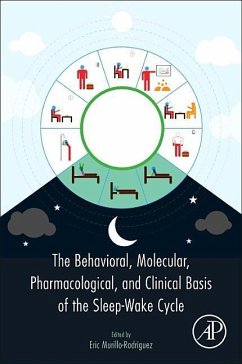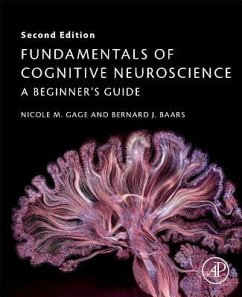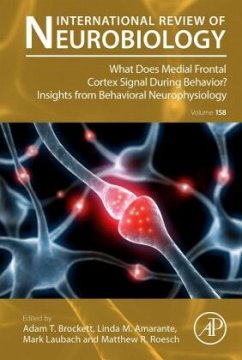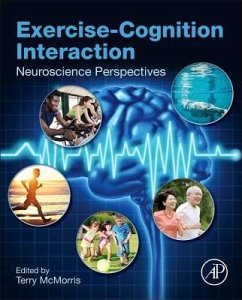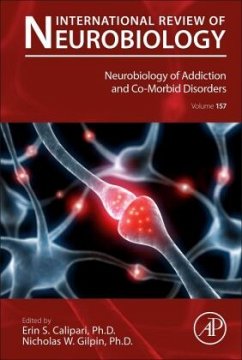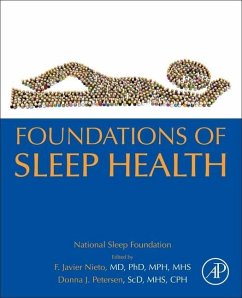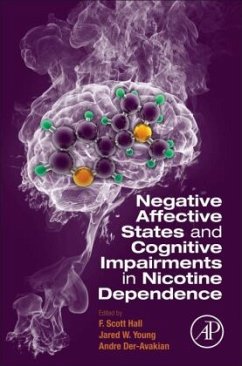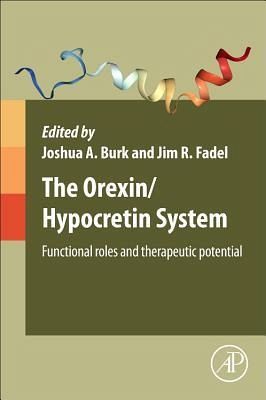
The Orexin/Hypocretin System
Functional Roles and Therapeutic Potential
Herausgegeben: Fadel, Jim R.; Burk, Joshua A.

PAYBACK Punkte
57 °P sammeln!
The Orexins/Hypocretins System: Functional Roles and Therapeutic Potential summarizes research on both the physiological functioning of orexins, their impact on homeostatic processes, and related disorders. The book encompasses the effects on appetite, sleep, substance abuse, cognition, and anxiety. Additionally, it examines new therapeutic approaches utilizing orexins, including utilization of orexin receptors for drug development. It is essential reading for neuroscience researchers interested in brain-behavior relationships, as well as psychiatrists, endocrinologists and pharmacologists.
The Orexins/Hypocretins System: Functional Roles and Therapeutic Potential summarizes research on both the physiological functioning of orexins, their impact on homeostatic processes, and related disorders. The book encompasses the effects on appetite, sleep, substance abuse, cognition, and anxiety. Additionally, it examines new therapeutic approaches utilizing orexins, including utilization of orexin receptors for drug development. It is essential reading for neuroscience researchers interested in brain-behavior relationships, as well as psychiatrists, endocrinologists and pharmacologists.




